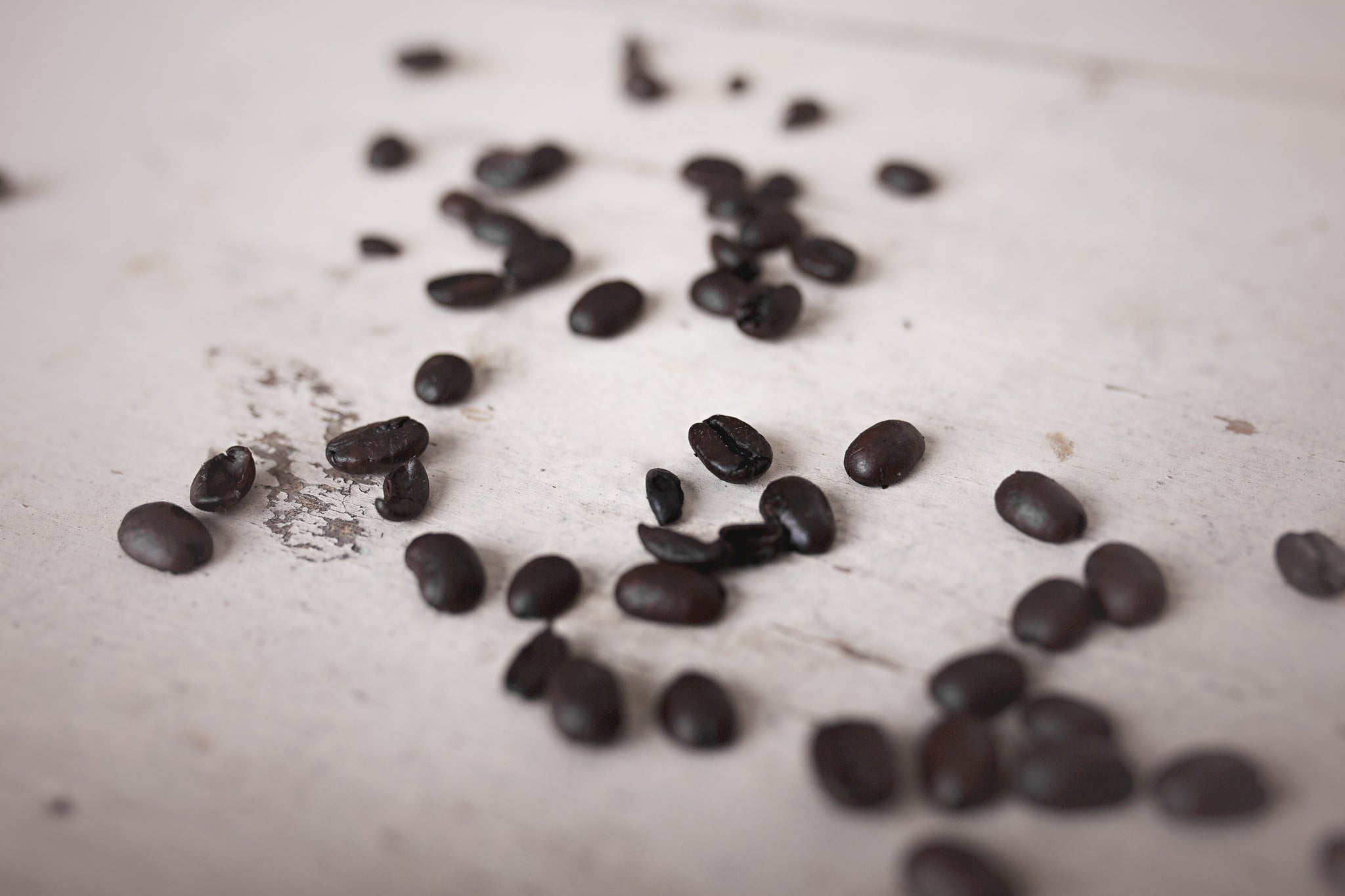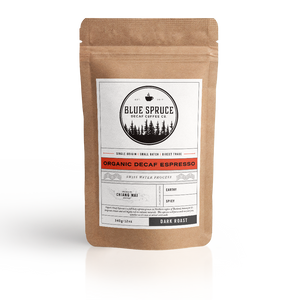More from bluespruce decaf
More in Politics
Related Blogs
Les archives
Partage Social
The ultimate guide to switch to caffeine free coffee
Posté par bluespruce decaf
Corps
Your day doesn't truly begin until that first sip of coffee courses through their veins!
However, what if you could experience the same warmth and ritual without the jolt of caffeine? Welcome to the world of caffeine free coffee aka decaf.
Coffee addicts often suffer from the side effects of excessive caffeine consumption but cannot switch to decaf worrying about the aftermath of the transition.

If you are also planning to take the healthier route and worried about your transition from regular to caffeine-free coffee, then this post is just right for you. Follow this guide to embrace a calmer and more serene morning routine.
How may coffee without caffeine impact your mind and body initially?
Initially, caffeine withdrawal can impact your mind as well as body. The most common caffeine withdrawal symptoms are listed below.
Headaches: Throbbing headaches for a few days.
Fatigue: temporary feelings of getting tired and less energetic.
Irritability: You may get more irritable or moody than usual.
Difficulty Concentrating: You might find it hard to concentrate for a few days.
Increased Appetite: Caffeine is an appetite suppressant. With no caffeine in your body, you may feel hungrier than usual.
These withdrawal symptoms are usually temporary. They improve as your body adjusts to the reduced caffeine intake.
If you don’t want to deal with these effects gradually reduce your caffeine intake rather than quitting abruptly.
Is there caffeine in decaf coffee?
Decaf coffee contains a small amount of caffeine, but significantly less than regular coffee. The decaffeination process removes the up to 97% of caffeine. This process make decaf a suitable option for individuals looking to reduce their caffeine intake while still enjoying the coffee experience.
The right way to handle caffeine withdrawal
As stated earlier, caffeine withdrawal can initially mess with your mind and body, so gradual reduction in your caffeine intake is the right approach.
Start by replacing one cup of regular coffee with a decaffeinated version or an herbal tea. Simultaneously, increase your water intake to stay hydrated. Proper hydration can alleviate some withdrawal symptoms and ensure you're feeling your best during the transition.

How to embrace the decaf coffee with no caffeine ritual?
For many, coffee is a morning ritual. Embrace this ritual with caffeine-free alternatives. Invest in high-quality decaffeinated coffee beans or herbal blends. Explore different brewing methods, such as French press or pour-over, to enhance the flavors and aromas. Engaging your senses in the ritual can make the transition more enjoyable.
How to deal with withdrawal symptoms?
It's natural to experience withdrawal symptoms when reducing caffeine intake. Headaches, fatigue, and irritability are common. Combat these symptoms by incorporating relaxation techniques into your routine. Practice deep breathing, meditation, or yoga to manage stress and promote a sense of calm. Engaging in regular physical activity can also boost your mood and energy levels.
How to build a support system?
Transitioning to caffeine-free coffee is easier with support. Share your journey with friends or family members who understand your goals. You can also join forums or online communities. Here you will find individuals sharing their experiences and tips.
How long it takes to navigate the transition?
Every person's journey is unique. Practice patience and allow your body to accept this transition naturally. Make sure you listen to your body during transition phase. Pay attention to how you feel physically and emotionally. Supress the caffeine cravings by exploring natural energy-boosting alternatives like green smoothies, herbal teas, or infused water.
Conclusion
Caffeine withdrawal is not as terrifying as it seems. All the withdrawal symptoms are temporary and subside gradually. Just make sure you go slow and try with the best quality decaf espresso beans. Try Blue Spruce Decaf Coffee Co. They have high quality organic water processed decaf.









commentaires